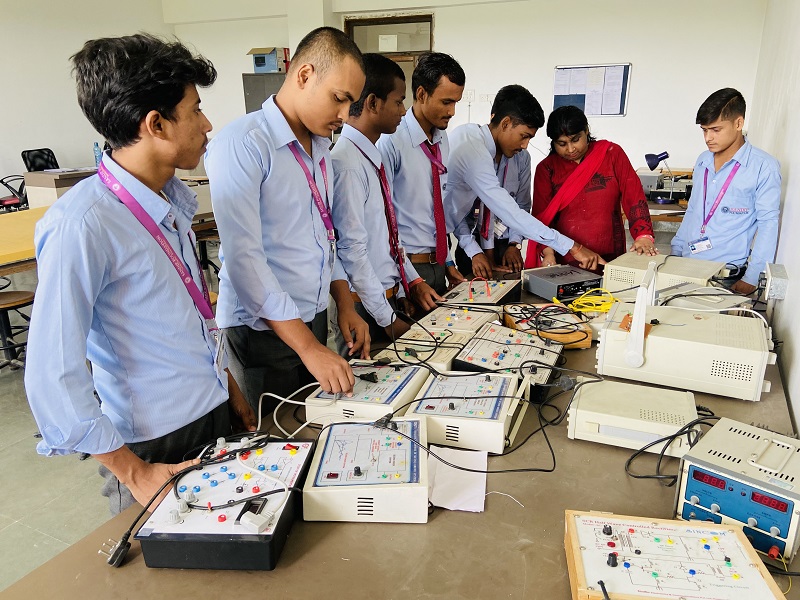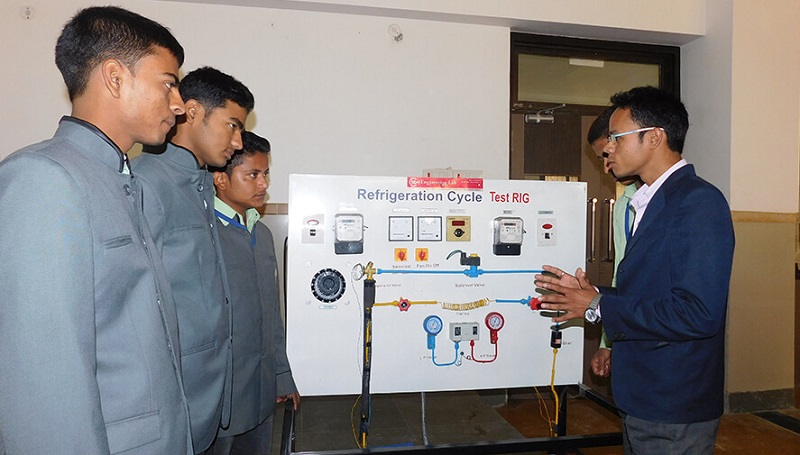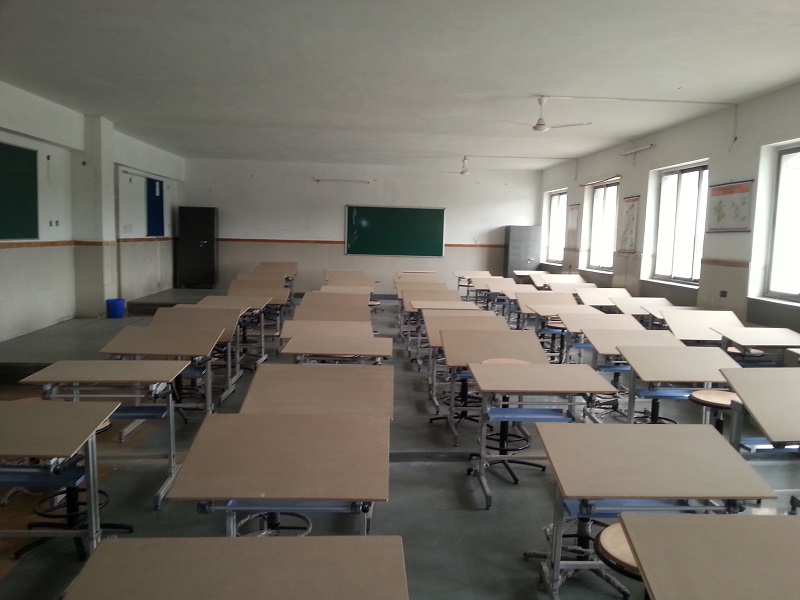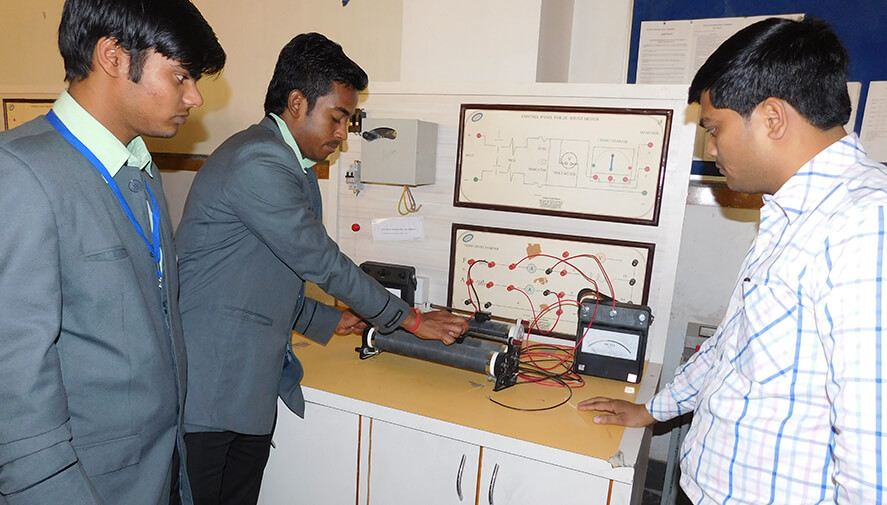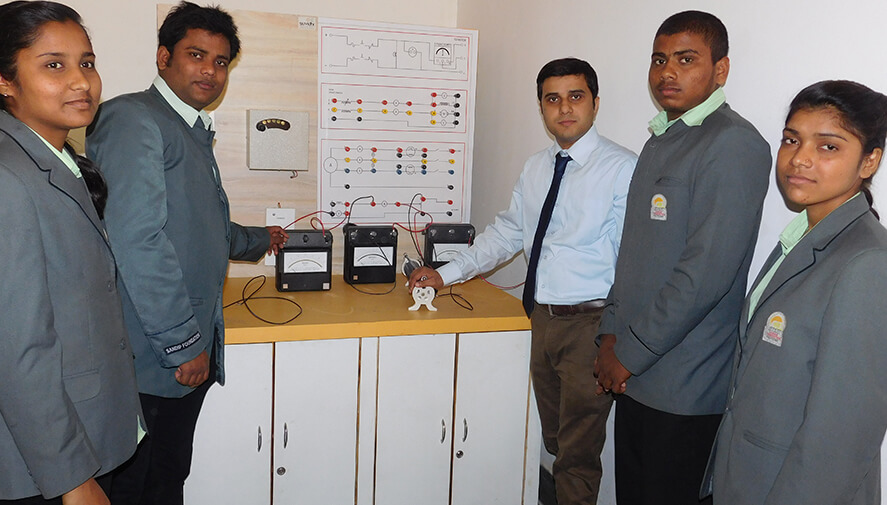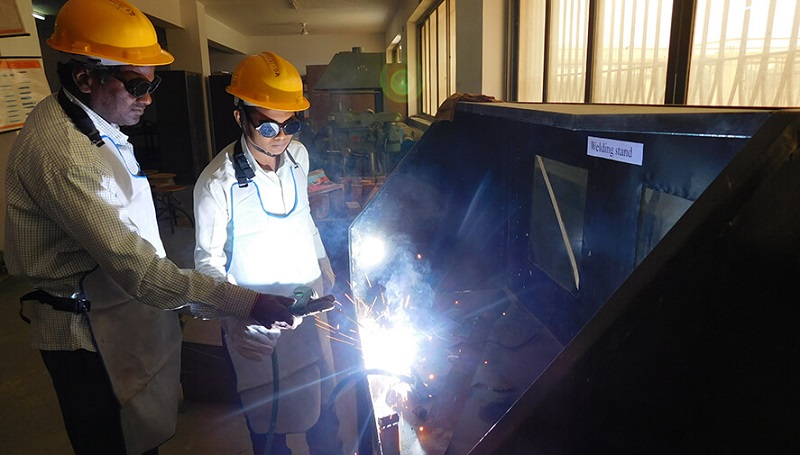The world today would not be able to function without electricity, so the demand for electrical engineers is constantly on the rise. Electrical engineers are in charge of designing and developing electrical systems and products. The products and systems they work on are incredibly varied in scope, ranging from huge factories down to the household goods and appliances. Like all areas of engineering, their job essentially involves turning ideas into reality.
Electrical engineers work with transformers, circuits, electrical parts and wiring to create products that rely on electricity to function. They are often given project specifications from their employees to whom they have to work, usually in a team with other engineers and related people.
They have many roles within projects, including creators, planners, designers and managers. They are involved with projects from start to finish and oversee every part of the process. Some of the processes that electrical engineers may be involved in include: Anticipating and identifying customers needs and translating them into design specifications; building prototypes, identifying and monitoring milestones along the projects development, supervising construction plans, designing and drawing electrical systems, selecting appropriate materials, and developing maintenance schedules. They have a great diversity in their careers.
Total Seats:60
Vision of Electrical Engineering:
To establish a strong foundation for the student of electrical engineering discipline in order to get them ready for innovating and practicing engineering solutions.
Mission of Electrical Engineering:-
|
M1 |
To make the academic infrastructure more effective so as to create quality professionals through state of the art technology. |
|
M2 |
To impart technical education leading to comprehension between electrical engineering and other core areas of engineering. |
|
M3 |
To provide the students with learning ambience which can develop interdis ciplinary research for the betterment of society. |
Course Structure / Syllabus
Results of electrical Engineering
- electrical Engineering 2022-23 Toppers(Odd)
- Mechanical electrical 2021-22 Toppers (Odd)
- Mechanical electrical 2021-22 Toppers (Even)
- Mechanical electrical 2020-21 Toppers (Odd)
- Mechanical electrical 2020-21 Toppers(Even)
- Results 2021-22
- All toppers List 1st sem
- All toppers List 3rd sem
- All toppers List 5th sem
- Result Analysis of Electrical-Engineering-2013-14
- First & Second Sem Electrical-Engineering Toppers-2014




